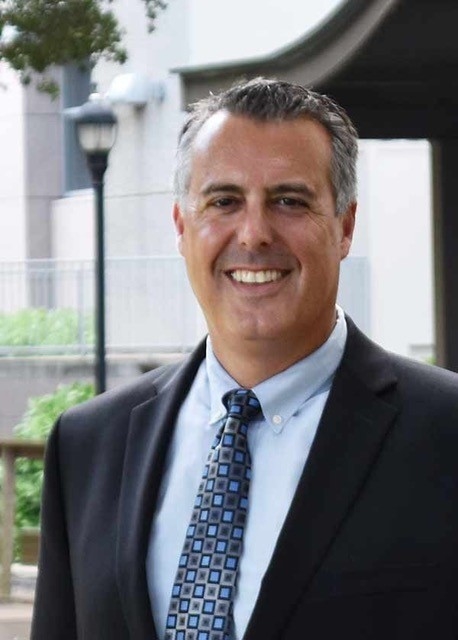
Kevin A. Morano, PhD
- Professor
- Roger J. Bulger, MD Distinguished Professor
- University of Texas Distinguished Professor
- Senior Associate Dean for Faculty Affairs, McGovern Medical School
- Senior Vice President of Academic and Faculty Affairs, UTHealth Houston
Biography
Dr. Morano is a native Californian who received his B.S. in Biological Sciences at the University of California, Irvine working with Drs. Stephen Weller and Ann Sakai on the evolution of dioecy in flowering plants, and his Ph.D. in Microbiology at the University of California, Davis with Dr. Daniel Klionsky studying vacuolar protein sorting and autophagy. He became interested in protein homeostasis and stress gene expression as a postdoctoral fellow at the University of Michigan with Dr. Dennis Thiele.
Dr. Morano is a recipient of the GSBS John P. McGovern Teaching Award (2007, 2013), the GSBS Paul E. Darlington Mentor Award (2013), the UT Regents’ Outstanding Teacher Award (2014), and is a Fellow of the American Association for the Advancement of Science.
Education
- Postdoctoral Fellow
- University of Michigan
- Ph.D.
- University of California-Davis, 1996
Areas of Interest
Research Interests
Protein chaperones and stress response in Saccharomyces cerevisiae
The heat shock response is highly conserved in all kingdoms, making it one of the most ancient cellular regulatory systems.
We have two primary interests:
- how heat shock is sensed and transduced to yield a genome-wide transcriptional response
- how protein chaperones, including the Hsp70, Hsp90 and the Hsp110 groups, function collaboratively to maintain cellular protein homeostasis during normal growth and during adaptation to environmental stress
The baker’s yeast, Saccharomyces cerevisiae, is an ideal microbial model system in which to investigate these questions, due to its facile genetics, genomics and ease of manipulation. These studies will directly impact our understanding of how human cells respond to pathophysiological states such as cancer and anoxia which strongly induce a heat shock response. In addition, there is growing evidence that the amyloid diseases of protein misfolding, including prion-based maladies such as Creutzfeldt-Jakob (mad cow), and other triplet-repeat type disorders such as Alzheimer’s, Parkinson’s, and Huntington’s Diseases, are intimately linked to protein chaperone expression and function.
Publications
Rios EI, Gonçalves D, Morano KA, Johnson JL. Quantitative proteomic analysis reveals unique Hsp90 cycle-dependent client interactions. Genetics. 2024 Jun 5;227(2):iyae057. doi: 10.1093/genetics/iyae057.
Goncalves D, Duy DL, Peffer S and Morano KA (2024) Cytoplasmic redox imbalance in the thioredoxin system activates Hsf1 and results in hyperaccumulation of the sequestrase Hsp42 with misfolded proteins. Mol Biol Cell 35(4) doi:10.1091/mbc.E23-07-0296.
Santiago A and Morano KA (2022) Oxidation of two cysteines within yeast Hsp70 impairs protein homeostasis while directly triggering an Hsf1-dependent cytoprotective response. J. Biol. Chem., doi: 10.1016/j.jbc.2022.102424.
Freije BJ, Freije WM, Do TU, Adkins GE, Bruch A, Hurtig JE, Morano KA, Schaffrath R, and West JD (2022). Identifying interaction partners of yeast protein disulfide isomerases using a small thiol-reactive cross-linker: Implications for secretory pathway proteostasis. Chem. Res. Toxicol. doi.org/10.1021/acs.chemrestox.1c00376.
Yakubu U and Morano KA (2021). Suppression of aggregate and amyloid formation by a novel intrinsically disordered region in metazoan Hsp110 chaperones. J. Biol. Chem. doi: 10.1016/j.jbc.2021.100567.
Peffer S, Gonçalves D and Morano KA (2019) Regulation of the Hsf1-dependent transcriptome via conserved bipartite contacts with Hsp70 promotes survival in yeast. J. Biol. Chem. 294(32):12191-12202.